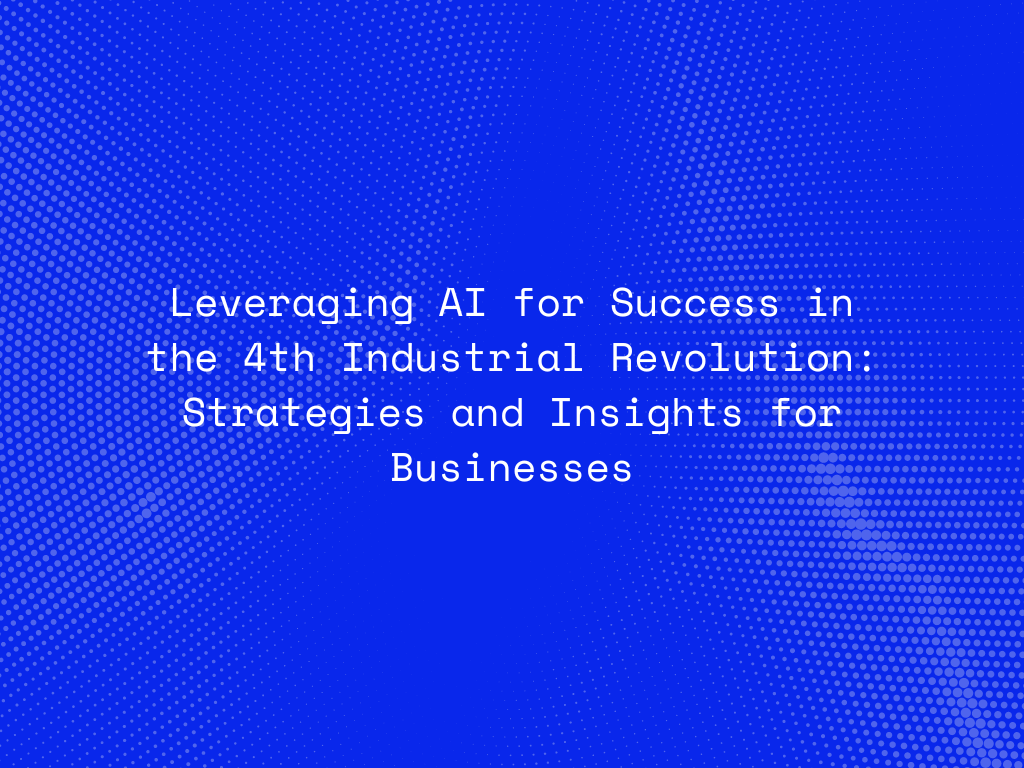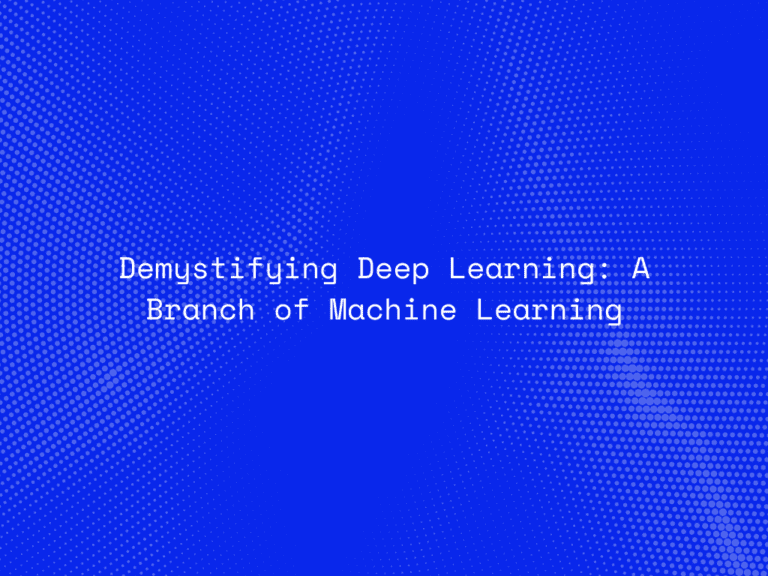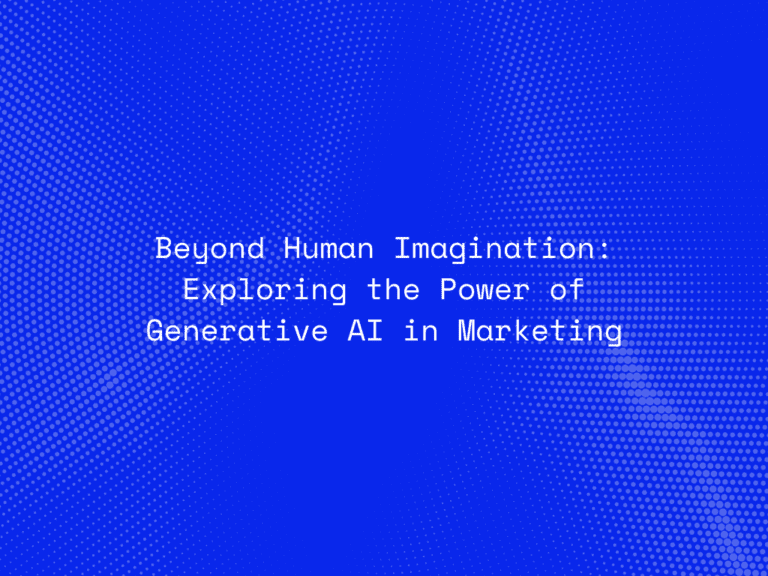In an era where technological advancements shape the competitive landscape, businesses must adapt to remain relevant. The Fourth Industrial Revolution (4IR) marks a significant shift, where digital, biological, and physical worlds merge, primarily driven by Artificial Intelligence (AI). This article explores the imperative of adopting AI at speed and scale to stay competitive in the 4IR.
The Evolution of Industries through AI
- Brief History of AI Advancements
AI has journeyed from conceptual theories to practical applications, revolutionizing industries. From simple machine learning algorithms to complex neural networks, AI’s evolution mirrors humanity’s quest for innovation.
- AI’s Role in Transforming Various Sectors
AI’s impact is ubiquitous, reshaping sectors like manufacturing, healthcare, and retail. It enhances efficiency, optimizes operations, and personalizes customer experiences, setting new standards for success.
Understanding the 4IR and Its Demand for AI
- Defining the 4th Industrial Revolution
4IR is characterized by a fusion of technologies blurring the lines between physical, digital, and biological spheres. It represents a radical change in the way we live, work, and relate to one another.
- The Interplay Between 4IR and AI
AI is the backbone of 4IR, enabling breakthroughs in robotics, IoT, and data analytics. Its ability to process vast datasets and learn from experiences makes it a cornerstone of this new era.
Key Strategies for Adopting AI at Speed and Scale
- Infrastructure Readiness
Businesses must invest in robust IT infrastructure to support AI’s demanding data and processing needs. This foundation is critical for AI systems to function effectively.
- Talent Acquisition and Training
Cultivating a workforce skilled in AI and data science is vital. Continuous training and development ensure employees remain abreast of evolving AI technologies.
- Data Management and Governance
Effective data strategies and ethical guidelines are essential for harnessing AI’s potential while safeguarding privacy and integrity.
Overcoming the Challenges of AI Implementation
- Technical Hurdles
Navigating the complexities of AI integration requires expertise and strategic planning. Businesses must address technical challenges to harness AI’s full potential.
- Ethical Considerations
AI raises ethical questions regarding privacy, bias, and accountability. Companies must establish clear ethical standards to guide their AI initiatives.
- Change Management
Adopting AI necessitates organizational change. Businesses must manage this transition smoothly to ensure buy-in from all stakeholders.
Case Studies: Success Stories of AI Adoption
- Manufacturing
AI-driven automation and predictive maintenance in manufacturing lead to unprecedented efficiency and reduced downtime.
- Healthcare
In healthcare, AI enhances diagnostic accuracy, personalizes treatment plans, and improves patient outcomes.
- Retail
Retailers leverage AI for inventory management, personalized marketing, and enhancing customer experiences, driving loyalty and sales.

Measuring the Impact of AI on Business
- Performance Metrics
Key performance indicators (KPIs) help assess AI’s effectiveness in improving operations, reducing costs, and driving innovation.
- Customer Satisfaction
AI’s role in enhancing customer service and personalization directly correlates with higher satisfaction and retention rates.
- Operational Efficiency
AI’s ability to streamline processes and automate tasks significantly boosts operational efficiency, a critical metric for business success.
Future Trends in AI and Their Implications for Businesses
- Emerging Technologies
Advancements in AI, such as quantum computing and neuromorphic hardware, promise to further expand AI’s capabilities.
- Predictive Analytics
The integration of AI with predictive analytics offers businesses insights into future trends, enabling proactive decision-making.
- AI and IoT Integration
The convergence of AI and the Internet of Things (IoT) paves the way for smart ecosystems, transforming how businesses operate and deliver value.
Conclusion
Adopting AI at speed and scale is not an option but a necessity for businesses aiming to thrive in the 4th Industrial Revolution. As we have explored, AI’s role is pivotal across various aspects of business, from operational efficiency to customer engagement. The journey toward AI integration may be fraught with challenges, but the rewards of enhanced competitiveness and innovation are invaluable. Businesses that embrace this journey will lead the charge in the new technological era.




